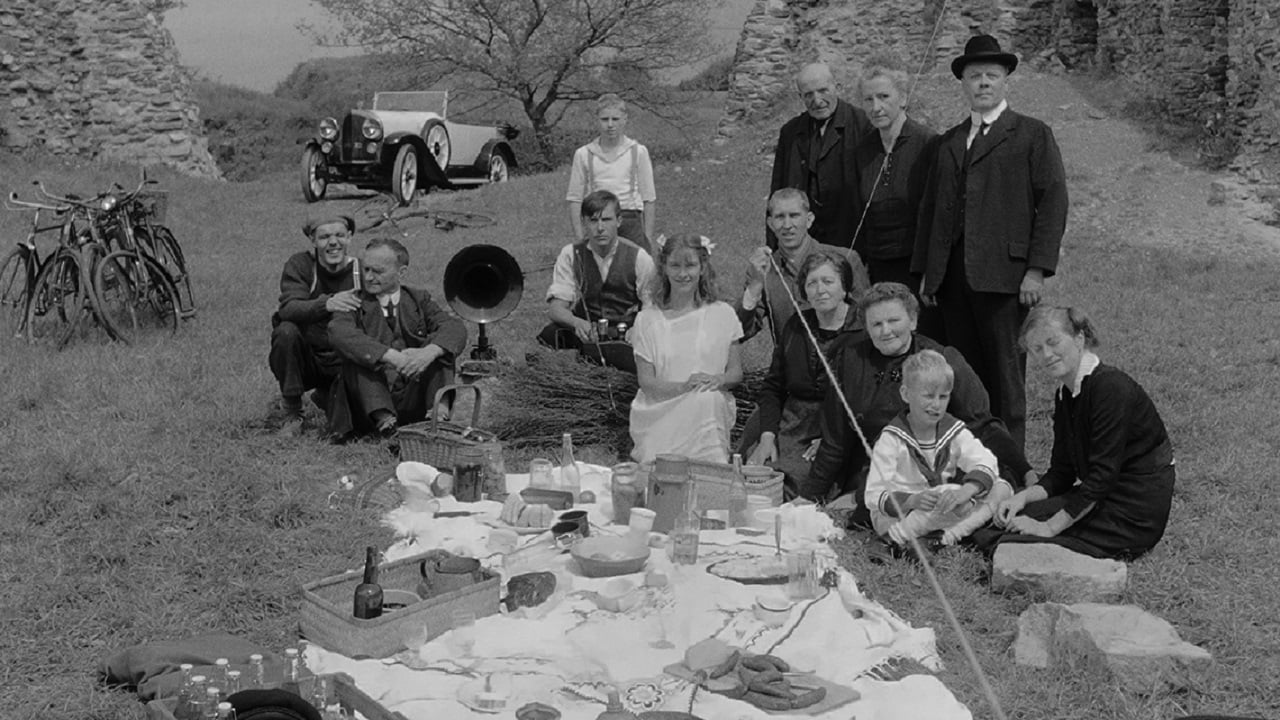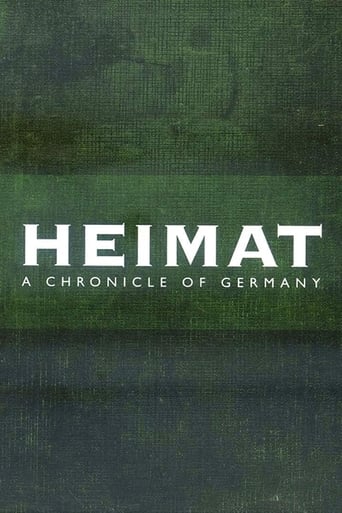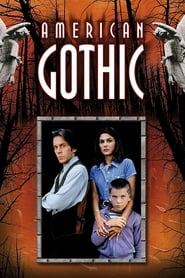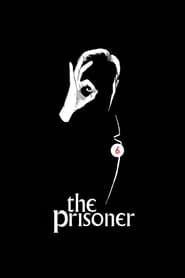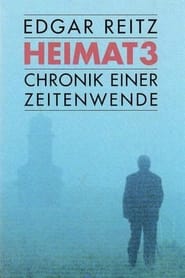Overview: 1968 -- there are student demonstrations and unrest in West Germany as in the rest of the West.
1969 -- Chancellor Willy Brantd opens negotiations with East Germany. He is also the man who introduced color television to West Germany.
A Dutch multi-national company was to buyout Anton's optical factory. Anton seeks business advice from his father Paul when he learns that Paul is back in Germany. Anton travels to the city where his father is working and surprises his father. But the bigger surprise comes to Anton when he sees Hermann with his father. Anton not only realizes that Hermann, who calls Paul "daddy", is working on his musical compositions with Paul but that they also have an extremely close relationship with one another. Hermann acts very polite to Anton, despite the fact that Anton stole his beloved Klarchen from him, but he actually is rubbing his relationship with his father into Anton's face. In a sense, Hermann stole Anton's father Paul just like Anton stole Klarchen from Hermann. Anton is none too pleased. His father advises Anton to sell the business and have fun spending money instead of having to work to make it, as he himself is currently doing. But this advice is just not acceptable to Anton. The entrepreneur loves his work in the optical field and knows that many Schabbach residents are dependent on his business.
Upset, Anton leaves. On the trip back he runs into his estranged brother Ernst. Ernst agrees to take a ride with Anton and Anton agrees to let Anton give him a tour of his new contractor business working on improving the appearances of homes and businesses.
The whole village gathers to listen to a radio broadcast of a musical composition by Hermann Simon. But the concert is just too modern for most of the villagers, including Hermann's mother Maria. Hermann visits his mother but Maria is struck more by their distance from one another than their closeness as mother and son. There is obviously a generation gap in Germany, just as there was in the United States and other advanced industrial societies in the 1960s.


